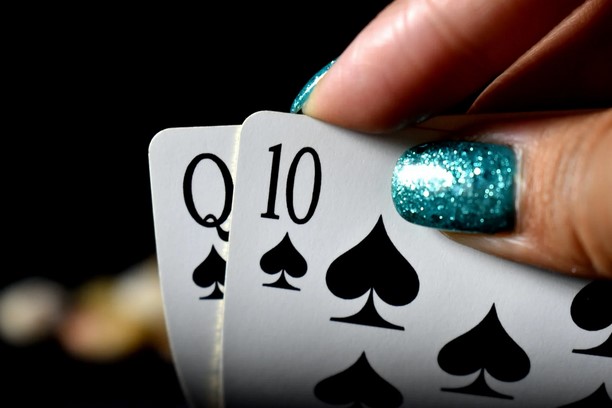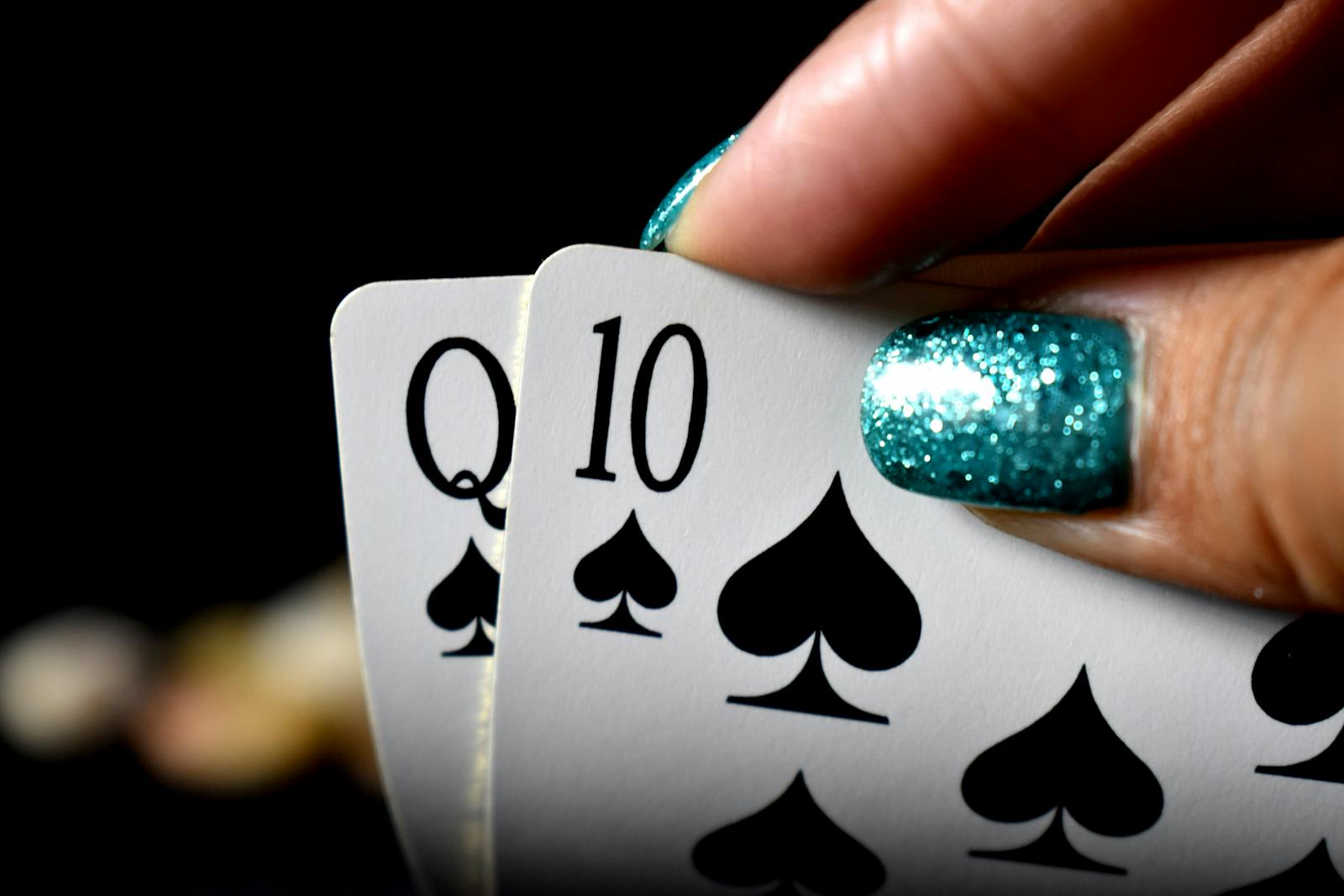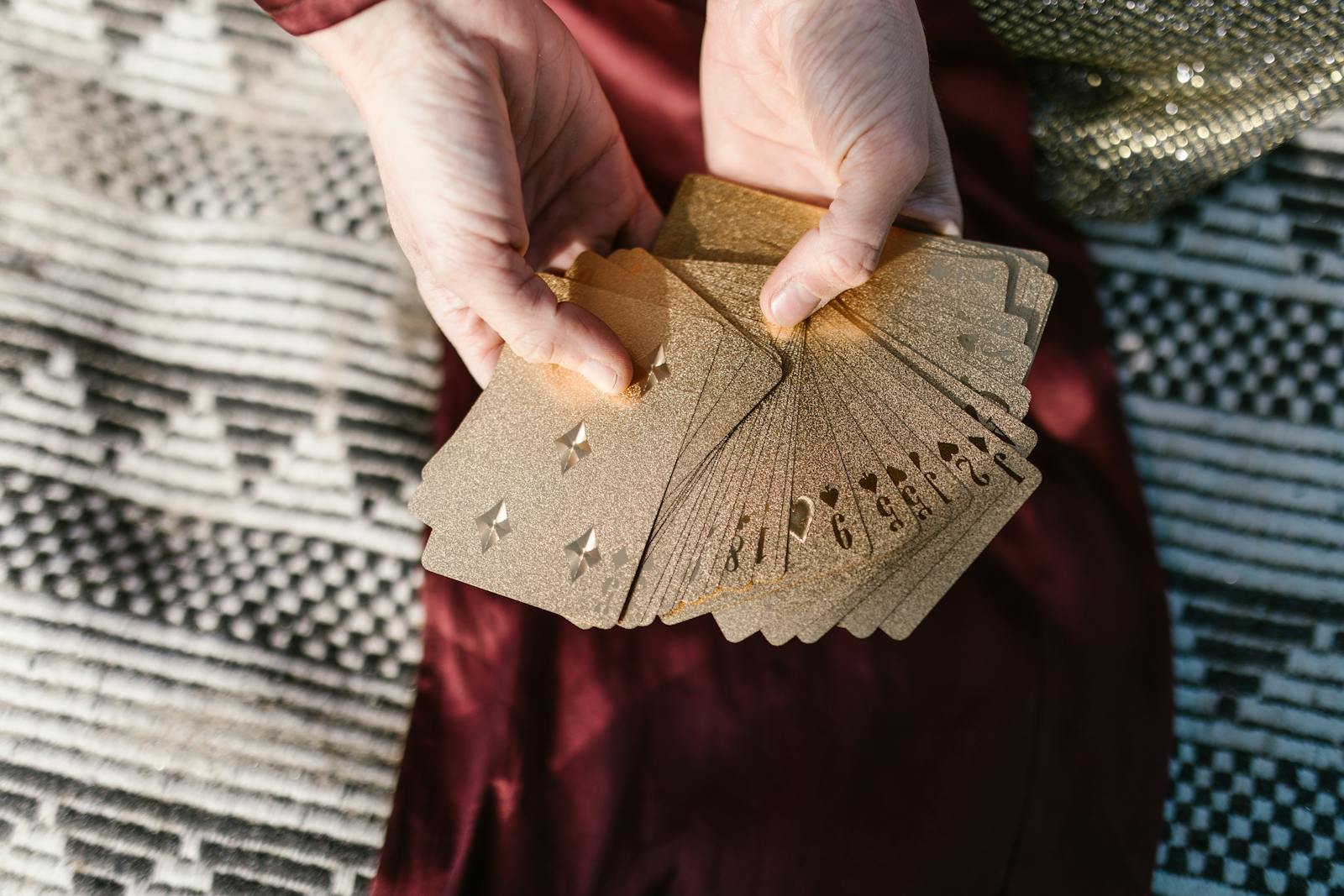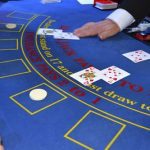
Even though Texas Holdem players are more strategic than ever, lots of bad advice continue to go around today. Some advice is downright silly, while some is deceptive, as they seem sound on the surface but lead to bad decisions down the road. Here are some of them:

“Call With Any Two Cards”
One of the most common pieces of bad Texas Holdem poker advice is to call with any two cards. This isn’t necessarily wrong, but it can lead to losing a lot of money if you’re not careful.
It would be best to be very selective when calling in poker, especially at lower stakes. You should only call when the pot odds and your hole cards make it a profitable move. If you’re calling hands that are unlikely to win, you’re giving other players free money.
“Raise With a Small Pocket Pair”
Another bad Texas poker advice is to raise with a small pocket pair. While it can be profitable in certain situations, this is only sometimes true. Do this if you’re playing against players who will likely call your raise and see a flop. However, if you’re up against tight players likely to fold, it’s best to just call and see the flop.

“Chase Pots After the Flop”
Some people may advise you to chase pots after the flop. While this could sometimes be a good move, there is a risk of losing money if you don’t have the best hand. It’s vital to use pot odds and your opponents’ actions to decide when it is a good idea to chase a pot or fold.
In general, you should only chase pots if the pot size is big enough to make it worthwhile and if you are fairly confident your opponent does not have a strong hand. Otherwise, you may risk a lot of money for no return.
“Chase Draws”
While it can be profitable in the long run if you hit your draw in the short term, these poker hands often fail to come through. That means you’ll likely lose more money than you win when chasing these hands.
It’s important to remember that Texas Holdem is typically a game of small edges and marginal profits. Thus, if you’re losing money on draws more often than not, it’s best to avoid them altogether or at least be selective in which ones you choose to pursue.
While draws can be profitable in some situations, they should only be pursued if the odds are good. Before chasing them, take the time to calculate your pot odds and decide whether or not it is a worthwhile play. If the numbers don’t add up in your favor, then you should fold and save your chips for another day.

“Play at a Certain Time of the Day to Avoid Skilled Players”
This piece of bad advice has been around for years. The idea is that if you play at certain times of the day or night, you can avoid skilled players and thus increase your chances of winning.
Unfortunately, this isn’t true. Most online poker rooms are populated with a wide range of skill levels at all times of the day.
While there may be some time frames where you’ll have a slightly easier game, this isn’t something that can reliably be counted on. It’s also important to remember that poker is a game of skill, not luck. Even if you manage to avoid skilled players for a while, your luck will eventually run out.
Lastly, you must get good at the game if you genuinely wish to be a committed Texas Holdem player. And to be truly good at it, you shouldn’t avoid playing against stronger opponents.
It’s best to try and play as often as healthily possible, regardless of the time of day. By doing this, you can gain valuable experience that will help you become a winning player in the long run.
“Play With Fishes”
One of the worst Texas Holdem’s advice is to keep playing with fishes. While it may sound like a good idea on paper, it can cost you more than you realize. Fishes are players who make mistakes often and give away chips without much thought.
In reality, playing with weaker players can be just as expensive as playing with experienced players, if not more so. When a fish makes a mistake, you can be sure that other players will take advantage of it and try to win their chips. For this reason, it is crucial to assess the strength of your opponents before making any decisions at the table.

“Go All-In if Possible”
Going all in preflop with any two cards is one of the most common pieces of bad Texas Holdem advice. While it sometimes works and can be profitable, this strategy is generally unwise and will often cost you chips in the long run.
If you want to play aggressive poker, push all your chips into the pot only when you have a strong hand. If you put yourself at risk every time you’re dealt a pair of cards, you’ll lose a lot more than you win.
“Always Or Never Bluff”
Another piece of bad Texas Holdem advice is to bluff too often. While bluffing can be profitable in certain scenarios, it should only be used immediately. If you bluff too often, it can be easy for your opponents to figure out, and they’ll call more often than not.
Also, bluffing more frequently than necessary can cost you money, as you essentially give your opponents free chips.
On the other hand, there is also bad advice that suggests that bluffing should never be done. While it’s true that bluffing too often can be costly, refusing to bluff, ever, can make you predictable and easy to read.
It would help if you mixed up your playstyles to keep your opponents guessing, and that means occasionally putting some chips into the pot without any real hand strength.
Our Advice: Get Better Ones
These are just a few bad pieces of advice that still circulate today, so it’s essential to be aware of these facts when playing poker. By listening to the right advice, getting enough practice, and thinking critically, you can improve your Texas Holdem game. That way, you can have more chances of winning and enjoying a successful poker career.
 Skip to content
Skip to content





